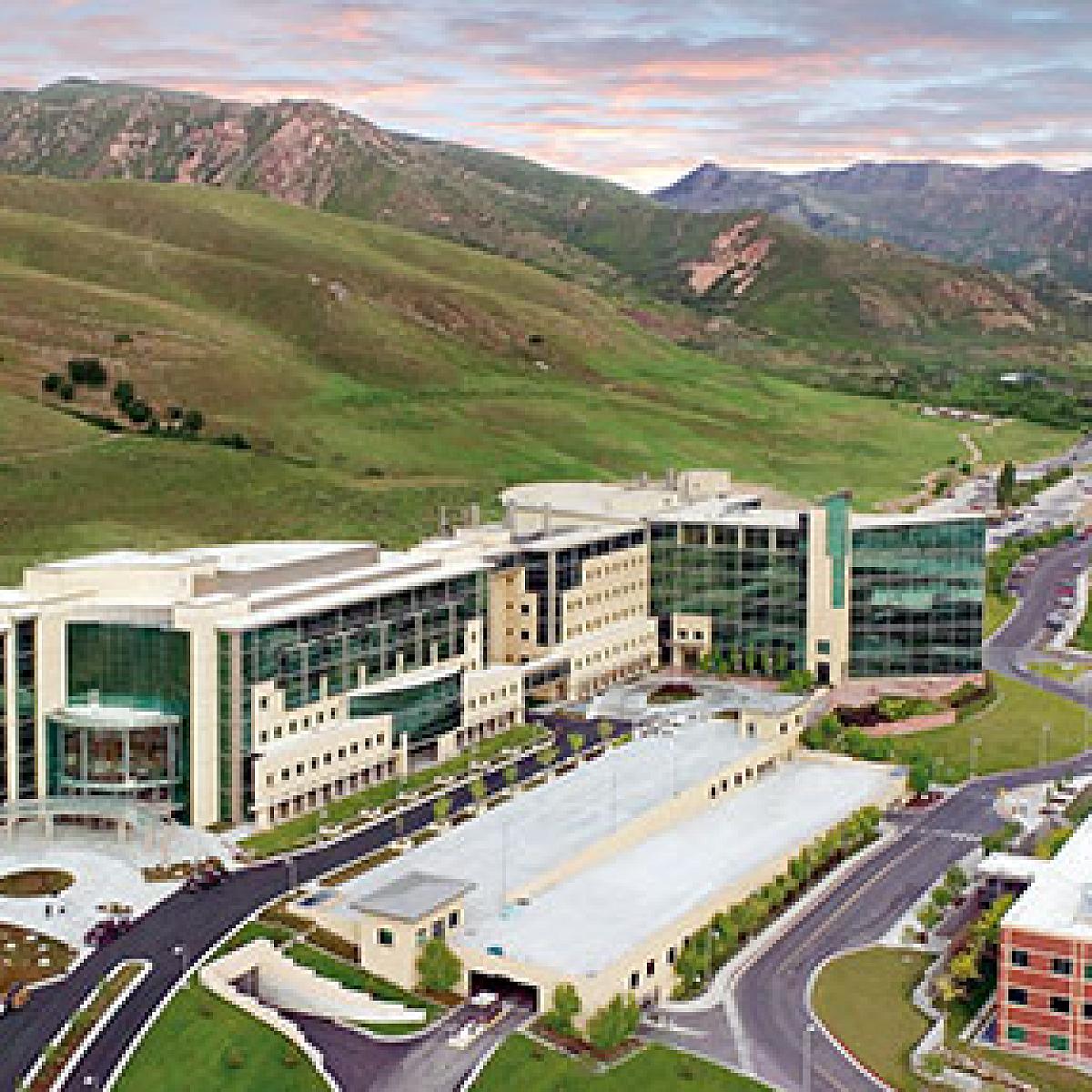Clinical knowledge and skills
This is the primary focus of residency training. Our rotations are designed to provide adequate exposure and clinical experience in general OB/GYN and all subspecialty areas. Specific rotation schedules can be found here. Below is an outline of learning objectives and highlights for each year of training:
PGY-1
This year focuses on development of a well-rounded base of medical knowledge, surgical skills, and clinical decision-making ability. Highlights of the first year include a dedicated ultrasound rotation for two months, where our interns become highly proficient in biometry, basic fetal anatomy, antenatal surveillance, and cervical length measurements. Our interns spend one month on a Rural/Underserved rotation. Inters also rotate on benign gynecology and gynecologic services, labor and delivery, Surgical ICU and the emergency department.
PGY-2
This year focuses on high risk obstetric care, more advanced gynecologic surgery, and exposure to subspecialties within OB/GYN. During the two months of clinic rotations, residents have the opportunity to improve clinical skills in a dedicated colposcopy clinic, complex contraception clinic, office procedures clinic, high risk obstetrics clinics, urogynecology clinic, specialty pelvic pain clinic, pediatric and adolescent gynecology clinic, and our multidisciplinary substance abuse in pregnancy clinic – SUPeRAD. Residents in their second year have the opportunity for a research or clinical elective.
PGY-3
This year is slightly more focused on gynecology with the opportunity to explore individual interests within our specialty. Residents have increased exposure to procedures in urogynecology, reproductive endocrinology, family planning, and gyn oncology, and an additional elective rotation to explore personal career interests with the opportunity to participate in global health experiences or research.
PGY-4
The goal of this year of training is to develop proficiency and autonomy in the full spectrum of obstetrics and gynecology. Chief residents supervise the inpatient obstetrics and gynecology services, with additional experience in gyn oncology and specialty clinics. Our chief residents also have the opportunity to develop leadership skills as they each assume roles leading the administrative, education, clinics, advocacy, and wellness initiatives within our program.
Supporting our clinical education at all levels of training are additional programs:
- Our clinical education curriculum is housed online in CANVAS pages for each level of training. Modules are designed to complement each rotation and include reading assignments, podcasts, and video lectures, as well as landmark articles. These are distributed to attending physicians on many rotations to facilitate discussion and clinical application.
- Our didactic conferences are scheduled during 4-5 hours of protected learning time on Thursday afternoons. Our didactic topics map to the CREOG learning objectives and are taught on an A/B schedule, such that all CREOG learning objectives are addressed in a two-year cycle.
- Other clinical conferences include
- Morbidity & Mortality. Complex cases and medical/surgical complications are reviewed in an evidence based approach with attention to quality and safety.
- Grand Rounds. Department and guest speakers presenting on clinically relevant topics. PGY-3 residents have the opportunity to give a Grand rounds presentation.
- Pre-operative conference. Gynecology cases for the upcoming weeks are reviewed with focus on preoperative counseling, decision for surgery, and surgical approach.
- Gynecology conference. Landmark articles are reviewed in this conference to understand the rationale behind standard of care management.
- Placenta accreta conference. Upcoming and recently completed placenta accreta cases are reviewed, including imaging and postoperative pathology.
- Project ECHO conference. Project ECHO is a telehealth outreach program to provide maternal fetal medicine (and other specialty) consultation to outside obstetric providers. This conference includes a short educational presentation prior to discussion of cases.
- Case conferences. These are individual conferences for each PGY-3 and 4 resident designed to enable residents to successfully prepare for oral board exams.
- Simulation is used throughout our clinical curriculum to support and enhance development of clinical skills. All residents receive support for FLS certification as well as Robotic certification.
Social responsibility
We believe that an important part of providing comprehensive care is to become a powerful patient advocate. To this end, we have a formal advocacy curriculum taught each year by faculty who are experienced and passionate about many issues affecting women’s health and reproductive justice.
Our department strives to be a community that recognizes and eliminates bias in our interactions with each other and our patients. We are committed to developing a culture of anti-racism and inclusivity, and removing racial and other inequalities and bias in delivery of healthcare. Our formalized diversity curriculum is woven throughout our educational offerings, including each didactic presentation and as part of our grand rounds series. We also have a series of trainings for faculty and residents including bystander intervention and implicit bias.
Unique Exposures
- SUPeRAD – (multidisciplinary substance abuse in pregnancy clinic) significant interaction with the care of these patients in their antepartum, intrapartum and postpartum care
- Ultrasound Clinic – 1-2 months of focused OB ultrasound during intern year
- Rural/Underserved Rotation
- Elective/Research Rotations
- Pelvic Pain Clinic

